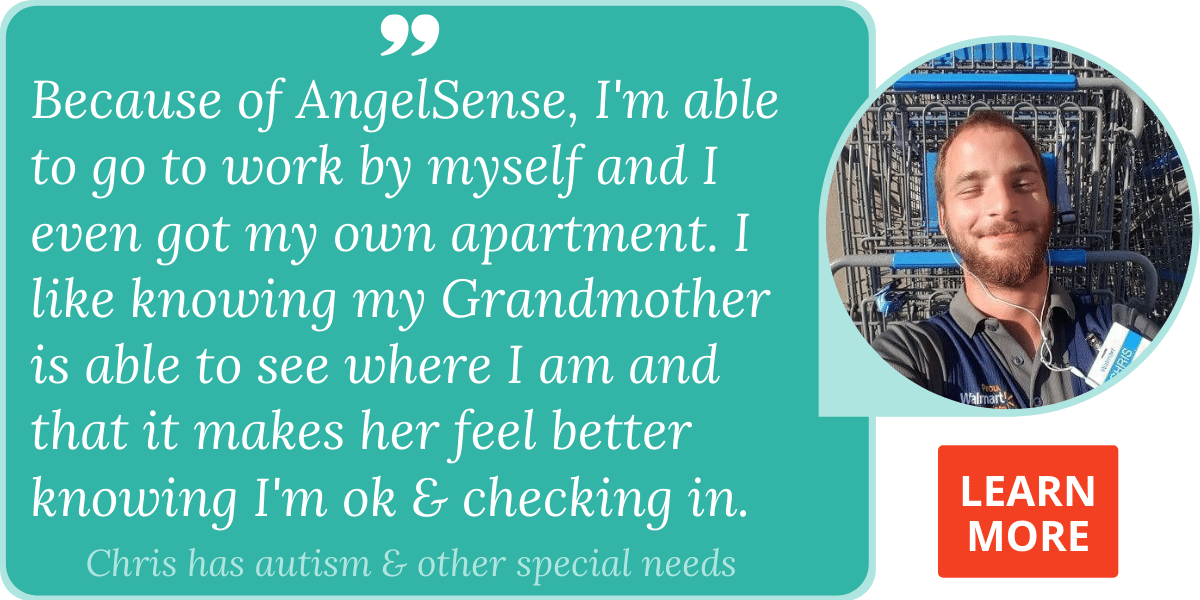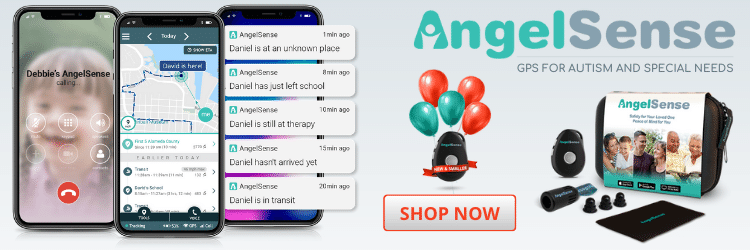Asperger’s Syndrome vs. High-Functioning Autism: Understanding the Difference
Updated on March 11, 2024Note: At the time of this article Asperger’s was a separate diagnosis, however, it is no longer used and falls within the broader ASD diagnosis with a higher functioning level.
Autism is a pervasive developmental disorder and the fastest-growing developmental disability among children. Learning that your child has been diagnosed with autism spectrum disorder (ASD) can be a shock, and it is overwhelming to parents who do not yet understand what the diagnosis will mean for their child and how they can help. Even more frustrating for some parents is that within ASD are two separate diagnoses that are often used interchangeably by medical professionals, despite key differences between them. Asperger’s Syndrome (AS) and High-Functioning Autism (HFA) are singular diagnoses with differences in language development, age of onset, and cognitive function.
History of Asperger’s Syndrome and High-Functioning Autism
Asperger’s Syndrome, identified in the 1940s by Hans Asperger, is a subgroup within the autism spectrum in which children display far more significant motor skill delays and obsessive interests, yet fewer issues with speech delays. Asperger’s is more noticeable in boys.
High-Functioning Autism specifically applies to children with autism who have an IQ of 70 or higher and exhibit milder symptoms. For example, these children exhibit fewer language delays, few to no cognitive deficits, and better spatial skills. The most significant difference for children with High-Functioning Autism is that they do not have intellectual disabilities.
Asperger’s Syndrome and High-Functioning Autism do have some significant differences. Knowing the differences can help you better attend to your child’s needs.
Language Development
Both Asperger’s Syndrome (AS) and High Functioning Autism (HFA) are considered more mild than other levels of disability on the autism spectrum, but the most noticeable difference between the two is language. With HFA, the child displays delayed language early in development, whereas an AS diagnosis only exists if there are no significant impairments in language. Although children with AS can suffer from language delays, the challenges are typically not as significant as for children diagnosed with HFA.
Age of Onset
Those with AS are not typically diagnosed until much later in life, sometimes not even until adulthood. Due to the persistent language delay, children with HFA are diagnosed much earlier. In some cases, a diagnosis is changed from HFA to AS once the child is in school and other characteristics, such as cognitive and social skills, can be better assessed. Early diagnosis is important, especially for children with AS, so that they can receive the proper intervention.
Level of Cognitive Functioning
It is often believed that neither AS or HFA can occur in children with IQs below 65-70, but unfortunately, that is not always the case for children diagnosed with AS. Children can be diagnosed with AS and still struggle with other cognitive impairments not directly related to autism, such as dyslexia. On the other hand, HFA is typically present in children with IQs that are average to above average. Cognitive impairments are not associated with HFA.
Even though there are differences between AS and HFA, children on the spectrum who have either diagnosis share some challenges, including being more prone to anxiety and depression, especially during early teen years. Early intervention is key. A diagnosis of autism can be very different from one child to another, and many children fall through the cracks with diagnoses like AS and HFA, because these children appear to fit typical norms, aside from a few social quirks.
Understanding the differences and similarities between the two diagnoses will help doctors and specialists provide the correct interventions. Seeking help as soon as possible is the best way to ensure success for children with special needs, and having the right diagnosis and the right information allows parents to better advocate for their children. Every child deserves equal opportunity to feel safe and comfortable in their environment, and obtaining the right diagnosis is the first step.
AngelSense GPS Tracker for Autism
AngelSense is a GPS Tracker for Autism that gives parents peace of mind and children greater independence. As your child grows and wants to do more things on their own, AngelSense allows for more freedom without compromising safety.
Get peace of mind from AngelSense, the groundbreaking AI-based assistive technology designed to enhance safety and peace of mind for individuals with special needs and their families. Our solution ensures you stay connected with your loved ones, empowering a higher level of independence while maintaining safety. Learn more about how AngelSense can make a difference for your family.





My neighbor has ASD and he is loud. I live in the country side and his house is 2500 yards from mine.